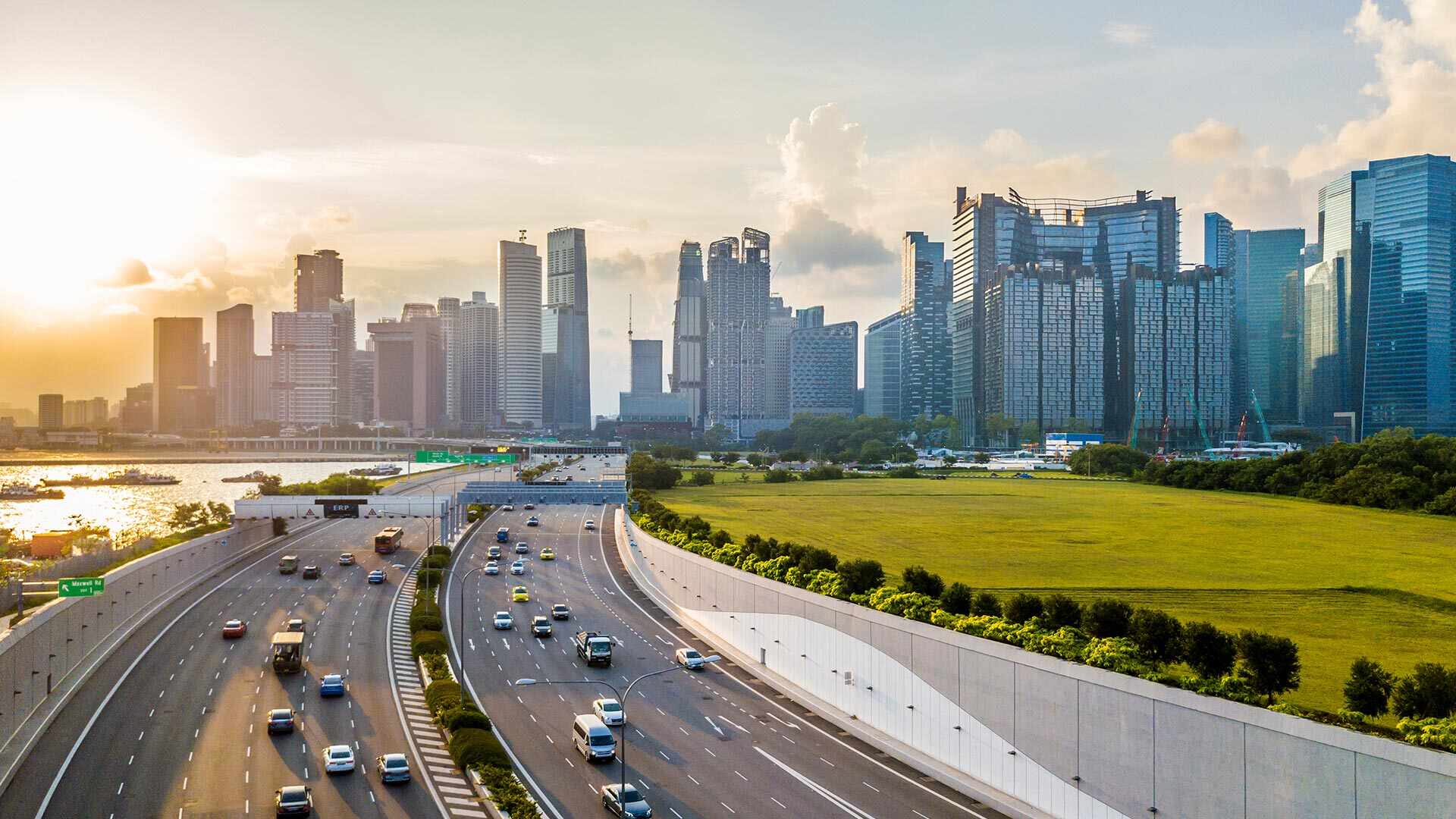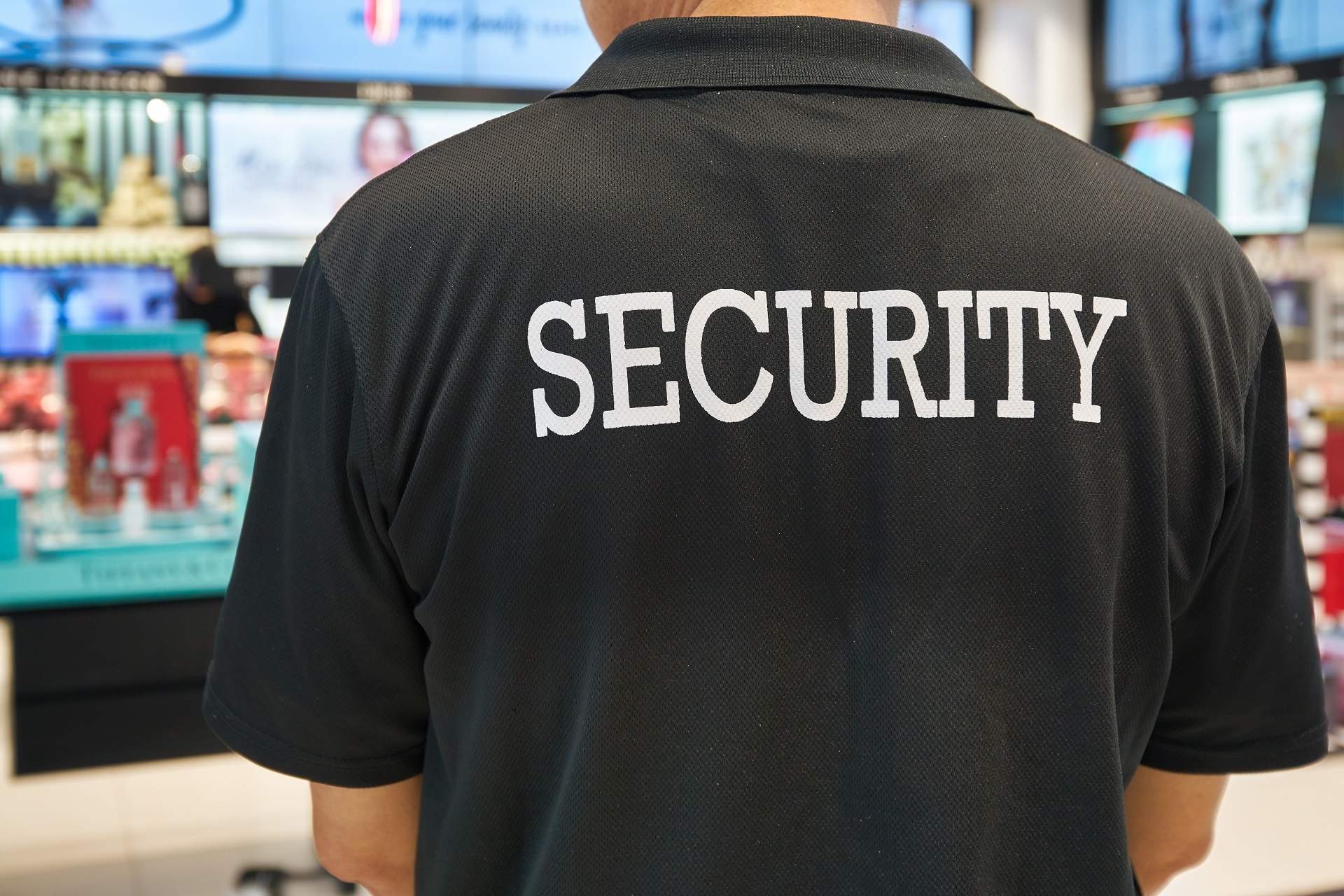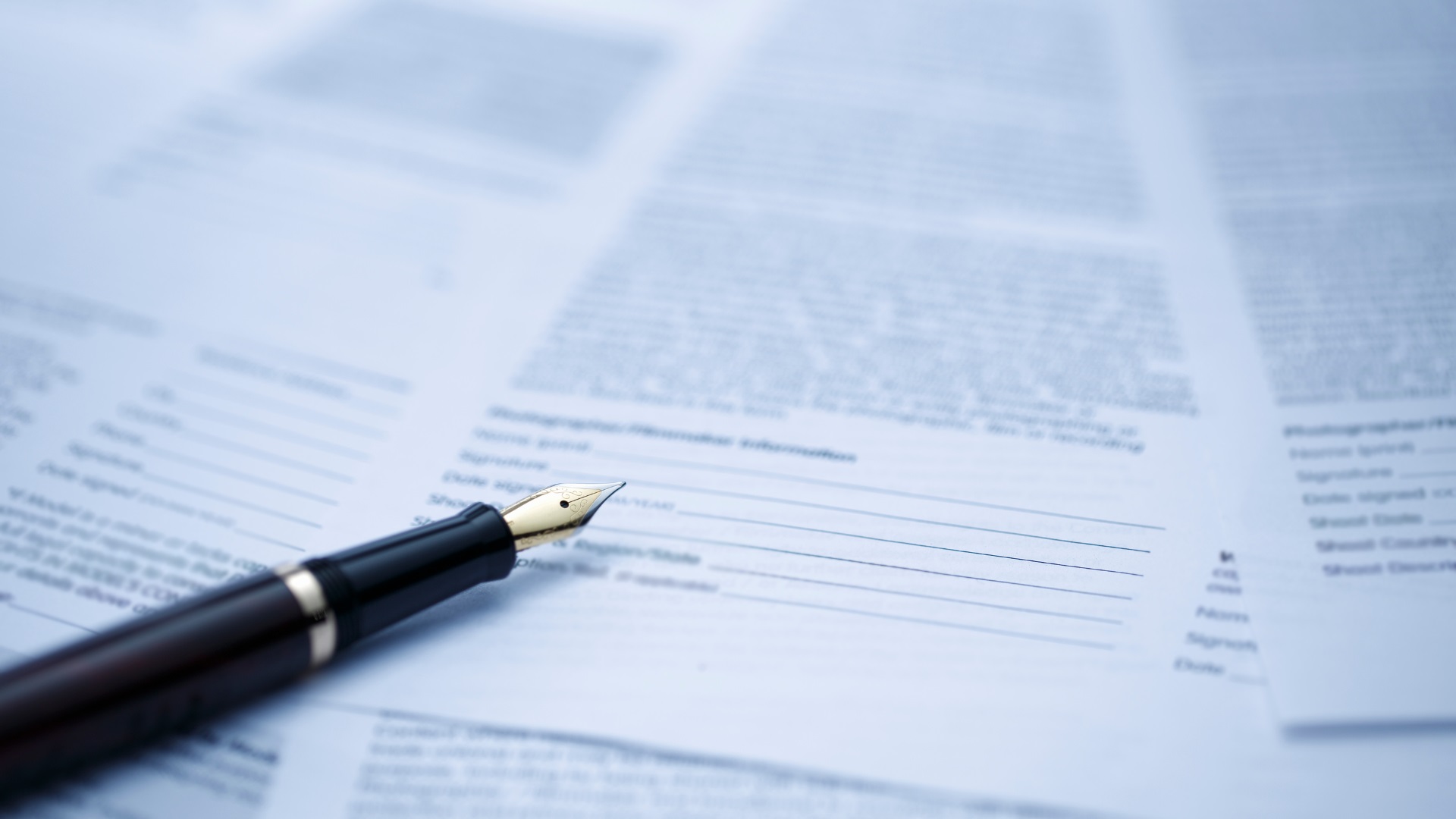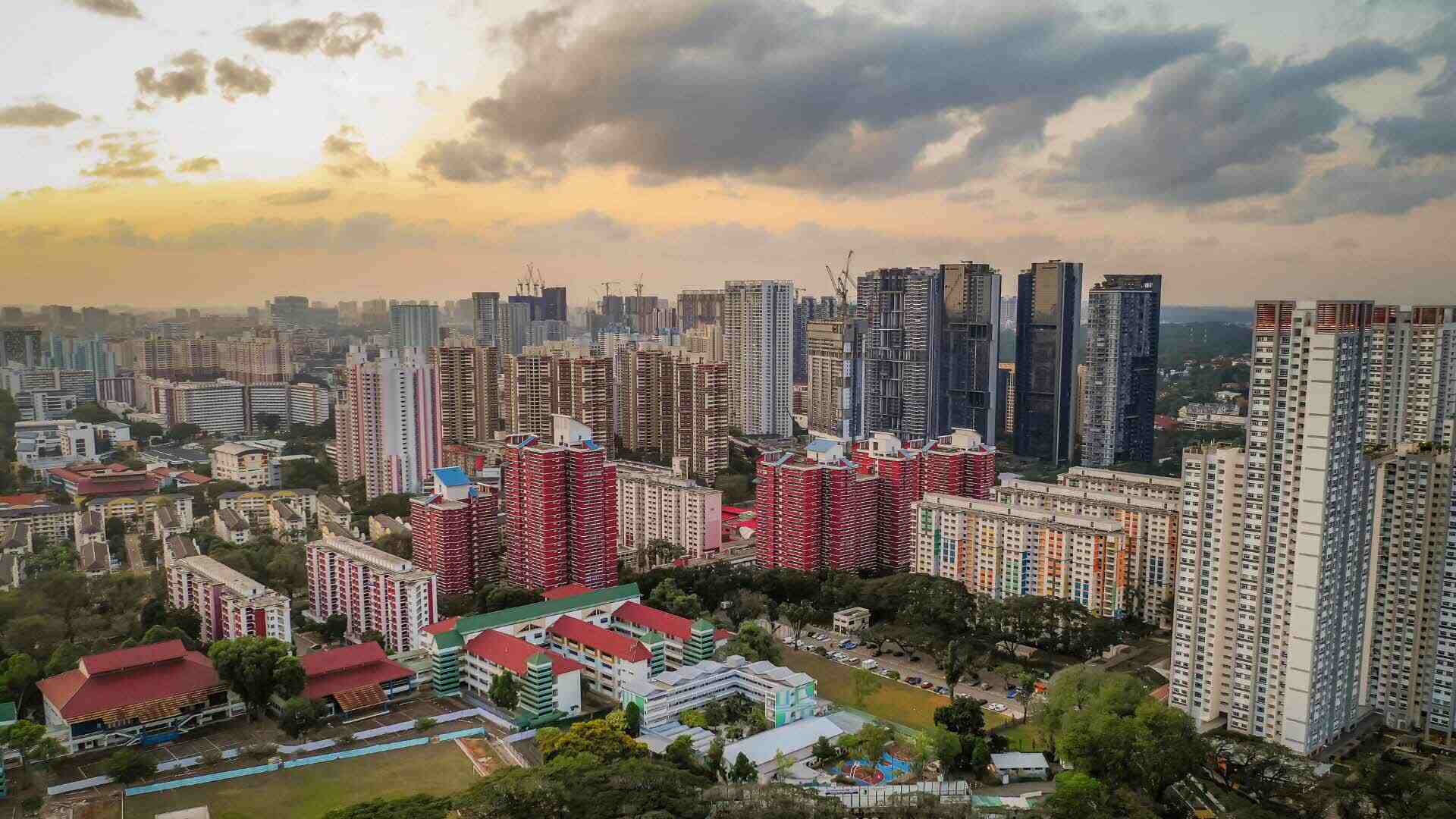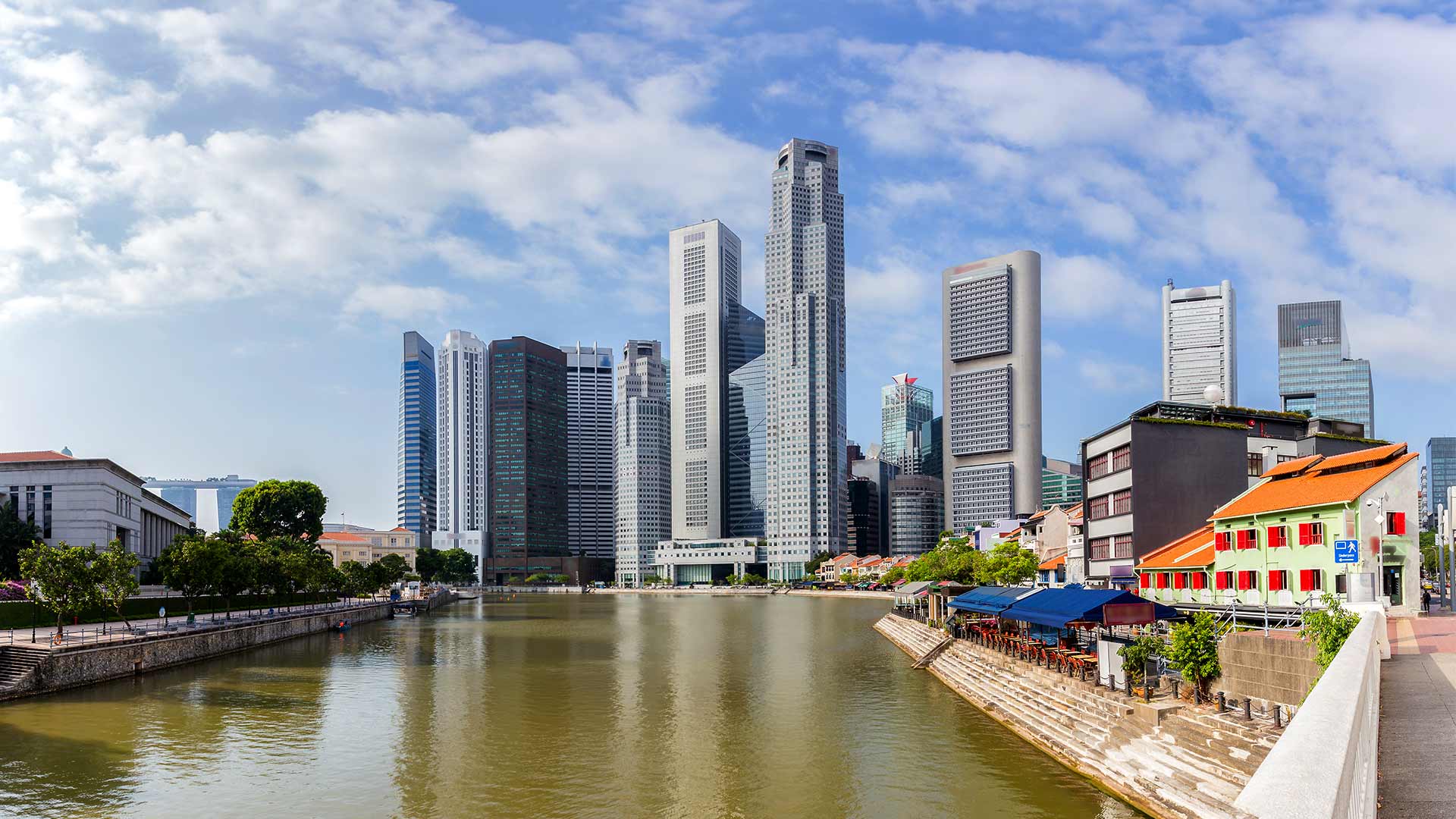
- The NIRC comprises the investment returns of our reserves, which supplement the annual Budget each year to fund public spending. [1] For the financial year which ended on 31 March 2023, the NIRC was approximately $22.4 billion. How our reserves and the NIRC have benefited Singaporeans has been highlighted at various platforms, including the MOF website [2] and the CNA documentary on reserves. [3]
- NIRC, combined with operating revenue, form the total revenue that is used to meet annual public spending (i.e., the annual Budget), and contributes to the government’s overall fiscal position. The NIRC has provided an annual revenue stream of about 3.5% of GDP on average over the past 5 years. No proportion of the NIRC is earmarked for specific spending items, or for transfer into any specific fund(s). Instead, a portion of the annual Budget as a whole may be used to top up funds. Hence, it is incorrect to state that most of the NIRC has been transferred into long term funds.
- Furthermore, it is false to imply that moneys transferred into such long term funds do not contribute to “actual spending”. Moneys transferred to all funds, including long term funds, contribute to the disbursements from such funds, and accordingly contribute to “actual spending” which benefit Singaporeans. Moreover, how the moneys set aside for funds to support the Majulah Package, the Pioneer Generation Package, and the Merdeka Generation Package entail real spending has been previously clarified in a Factually article published on 30 August 2023 – please see:
Corrections regarding false statements of fact in article and posts published by Mr Kenneth Jeyaretnam on 21 August 2023: https://www.gov.sg/article/factually300823-a
- Mr Jeyaretnam made similar false statements of fact in earlier publications that have already been clarified: see https://www.gov.sg/article/factually020823 and https://www.gov.sg/article/factually300823-a
- He continues to make such statements with utter disregard for the facts. He repeatedly omitted the facts and clarifications, rather than provide them and let the readers draw their own conclusions. Mr Jeyaretnam’s campaign of posting false statements misleads Singaporeans on the way that SLA works, as well as on the State’s land sale and property rental policies.
- As established in the review conducted by Senior Minister Teo Chee Hean, the rentals for both 26 and 31 Ridout Road were based on fair market value and not below market valuation. There was no evidence that the Ministers were given favourable rental rates due to their position. Details on how the market value was arrived at have been given in Parliament. The rental paid by the Ministers for both 26 and 31 Ridout Road were not less than the respective Guide Rents for the properties, which were determined by professional valuers, who adhered to established principles and methods for valuation. Indeed, the professional valuer from SLA who determined the Guide Rent for 26 Ridout Road did not know the identity of the prospective tenant for 26 Ridout Road at the material time, and only learnt that the tenant was Minister Shanmugam after the matter was reported in the media. It was also stated in Parliament that Minister Shanmugam had recused himself, in respect of the rental transaction. The CPIB had found that no preferential treatment was given to the Ministers and there was no evidence to suggest any abuse of position by the Ministers for personal gain.
- SLA sells state land to HDB for the development of public housing at the fair market value. Fair market value is assessed by the Chief Valuer (and not SLA), who makes the professional assessment independently in accordance with established valuation principles. SLA does not charge HDB inflated prices for the land.
- The underlying principle used by the Government for determining the value of land for sale to the public and for rental of the Ridout Road properties is the same - it is to transact at fair market value. Whether for short-term rental or longer-term sale, the valuation seeks to establish the price that the market is willing to pay in each case, so that the Government transacts at fair market value.
- The matter of the rental of the Ridout Road properties had been independently and extensively investigated by CPIB and SM Teo Chee Hean. The facts have already been clarified and published. Please see:
a. For the Press Statement from the Prime Minister’s Office dated 28 June 2023: https://www.pmo.gov.sg/Newsroom/Rental-of-State-Properties-at-Ridout-Road-by-Min-Shanmugam-and-Min-Vivian-Balakrishnan
b. For the Reports by CPIB & SM Teo Chee Hean: https://www.pmo.gov.sg/-/media/PMO/Releases-PDFs/20230628-ridout-report-pdf.ashx
c. For the Ministerial Statement & Round up Speech by SM Teo Chee Hean: https://www.pmo.gov.sg/Newsroom/Ministerial-Statement-by-SM-Teo-Chee-Hean-on-Ridout-Road & https://www.pmo.gov.sg/Newsroom/Round-up-Speech-by-SM-Teo-Chee-Hean-on-Ridout-Road
d. For the Ministerial Statement by Second Minister for Law Edwin Tong: https://sprs.parl.gov.sg/search/#/sprs3topic?reportid=ministerial-statement-2198
- There is no factual basis to state that of $17 billion in healthcare expenditure, only $8 billion was used as subsidies for Singaporeans.
- For example, over the last three financial years, healthcare expenditure has ranged from $16.88 billion to $17.32 billion per year, and subsidies for Singaporeans have ranged from $9.54 billion to $10.93 billion per year. This is reflected in the Government Budget Book which is publicly available on the Ministry of Finance’s website. Excluding COVID-19 expenditure which is transitory, more than 70% of total healthcare expenditure was spent on subsidies for Singaporeans.
5. The Deputy Prime Minister and Minister for Finance, Lawrence Wong, has instructed the Protection from Online Falsehoods and Manipulation Act Office to issue a Correction Direction to Mr Kenneth Jeyaretnam in respect of his article and his Facebook, Instagram, LinkedIn, and X posts.
6. The article also states that the Government uses “subsidies from the Budget for HDB purchases to enable HDB to pay a higher price for land” and that Singaporeans pay “inflated prices for smaller and smaller HDB units”. The following clarifications are necessary.
-
[1] See Q24 and Q25 in the Section on “How do Singaporeans benefit from our Reserves?” on the MOF website.
[2] For reserves-related FAQs on the MOF website, please see: https://www.mof.gov.sg/policies/reserves/how-do-singaporeans-benefit-from-our-reserves.
[3] For the CNA documentary series on reserves, Singapore Reserves Revealed, please see: https://www.channelnewsasia.com/topic/singapore-reserves-revealed.
RELATED ARTICLES
We use cookies to tailor your browsing experience. By continuing to use Gov.sg, you accept our use of cookies. To decline cookies at any time, you may adjust your browser settings. Find out more about your cookie preferences here .









